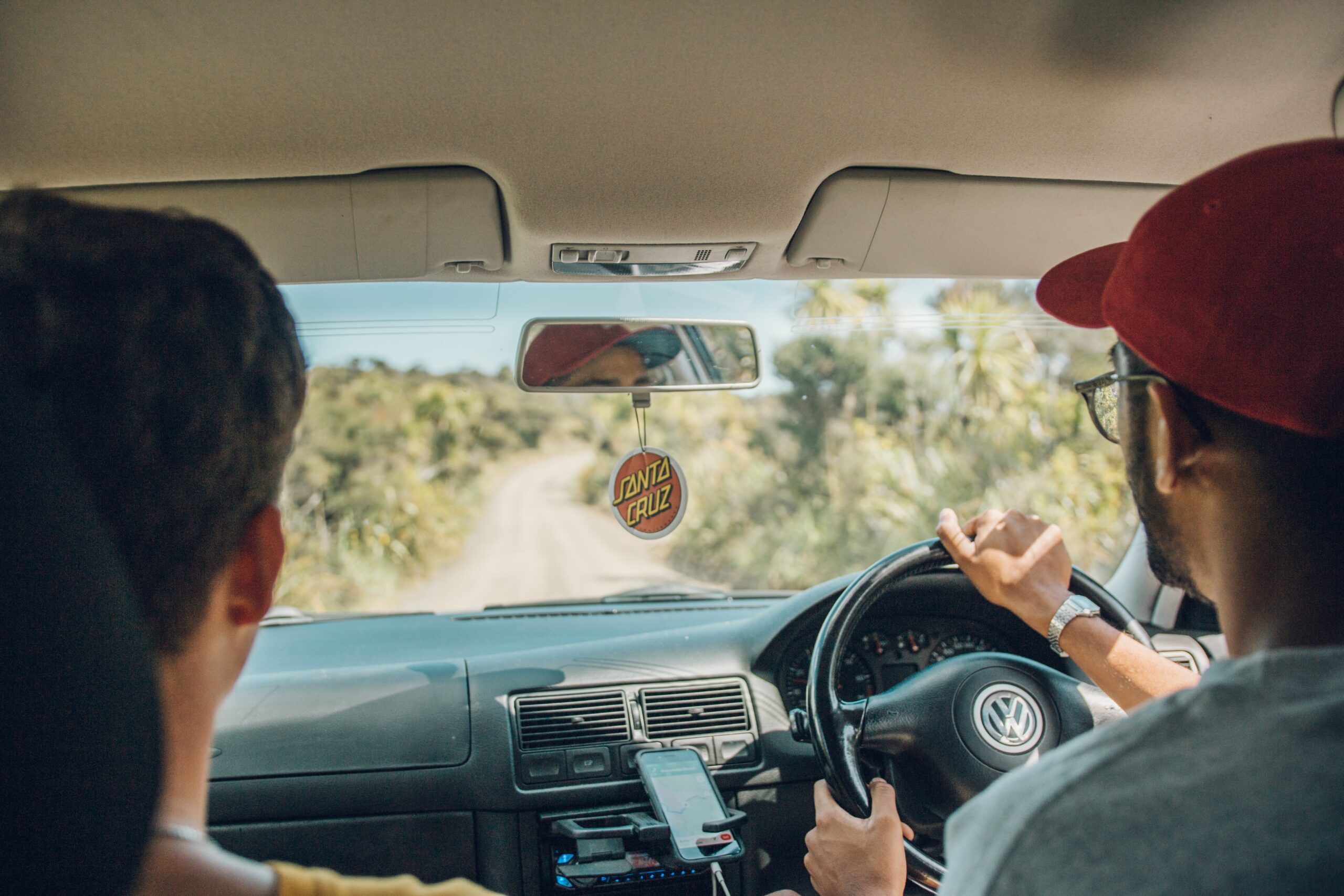Summertime Driving Tips

The official start of the summer season – June 20 – is almost here! While we hear plenty about the dangers of driving during the winter season, we often ignore the hazards that come with summertime driving. Statistics show summer is actually a riskier time to be on the road. The Insurance Information Institute shows the highest number of fatal car accidents occur in August. While summer offers some of the year’s best driving weather, it’s important to maintain safety measures.
The National Highway Traffic Safety Administration (NHTSA) explains that several factors can increase summer dangers. Here’s a look at some common dangers of driving in the summer, and how to avoid them:
- Construction: Along with more drivers on the road, there’s often more work being done on the road. Nearly 700 fatalities each year occur in construction or maintenance areas, so stay alert, heed warning signs and slow down in construction zones.
- Blowouts: Hot weather can wreak havoc on your tires since the hot air expands inside of them. If your tires are well worn, it poses an even more imminent threat. Check your tires for wear on a regular basis and always make sure you check them when temperatures spike.
- More traffic: Summer is the time for family vacations, which means more congested roads. Do your part to stay vigilant and help avoid traffic jams. Keep in mind vacationing drivers are often unfamiliar with the roads and may make sudden stops, lane changes or drive slowly. Be patient!
No. 1: Double Down on Vehicle Maintenance
Check fluid levels: brake, automatic transmission, power steering, windshield washer and coolant. Make sure each reservoir is full and if you see any sign of fluid leakage, take your vehicle in to be serviced.
No. 2: Stock Your Car
Move the beach gear over for the roadside emergency kit. Even if you’ve prepared your vehicle for summer travel, it never hurts to have a “just in case” kit in your trunk. Your emergency kit should include:
- Jumper cables in case you or someone else needs a jump start
- Flashlight
- Emergency flat tire repair and/or spare tire
- Gloves, blankets and towels
- Hazard triangle, road flares, brightly colored distress sign, or “Help” or “Call Police” flag
- Screwdrivers and wrenches
- First aid kit
- Cell phone and charger
- Water for both the car radiator and your family
- High-calorie, non-perishable food
No. 3: Plan Your Route
Before heading out, make sure to check the weather, road conditions, and traffic. Time of day is also something that should be taken into consideration and the later it gets, the more people are on the road on their way to summer activities.
If you’ve been injured through no fault of your own, call 1-800-411-PAIN and get the help you need! We will refer you to the attorneys that will fight to get you the compensation you deserve and the medical attention you need. If you have been hurt in an accident, call 1-800-411-PAIN, and we will guide you in finding you the best medical and legal professionals.



